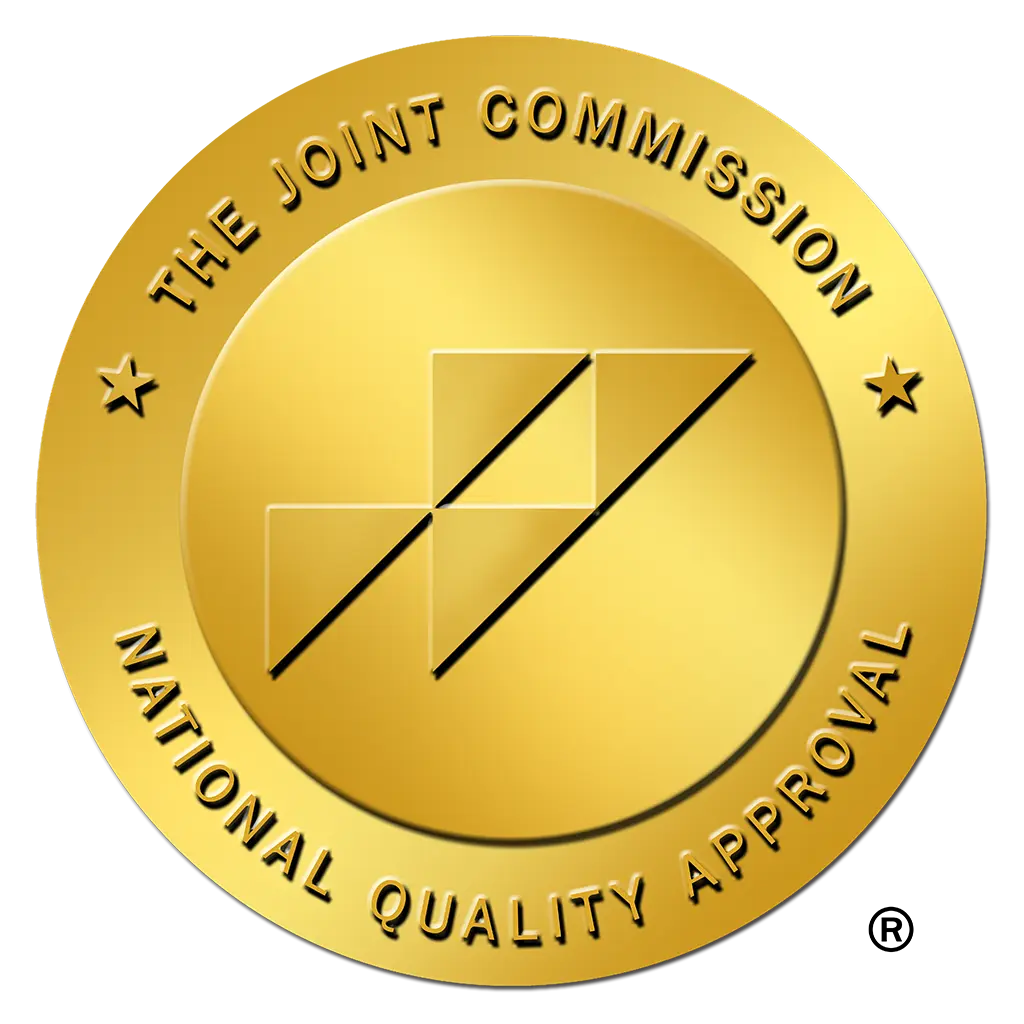Compassion and Healing
“If you want the world to be a better place, practice compassion. If you want to be a better person, practice compassion.”
– Mahatma Gandhi
I am self-absorbed most days and most moments of my life as far back as I can remember. It has been challenging to shift my focus off of me and onto the world around me. I judge that the majority of us stay in a headspace revolving around our own thoughts and ideas about ourselves and our accomplishments. (Or I could be so self-absorbed that I judge most people think like me) We are a self-absorbed culture screaming “me, me, me” at every opportunity. But how happy are you at the end of each day? Does your “stuff” and comfort really bring you sustainable significance?
No man (or woman) is an island. That phrase may be true but we are an extremely isolative and disconnected culture, even in the delusion of social media and connectivity. So, my journey this last week led me to the idea of compassion and how it impacts my life or how my life impacts my capacity to be compassionate.
Let’s look at a few terms to help conceptualize the essence of compassion. The Latin origin of compassion is compati which means “to suffer with [or together]”. A lot of times people will sympathize with someone who is suffering. This is an unbalanced dynamic. To have sympathy is to pity someone and often leads to someone being looked down upon for their struggle. Feeling sorry for someone for their struggle is not compassionate and is an example of sympathy. The goal with compassion is to feel another human’s suffering and to be present with them. Empathy, unlike sympathy, is about putting yourself in some else’s shoes. Empathy is about considering and imagining what it must be like to suffer the same way this person is suffering. After all, it is our suffering as humanity that connects us.
Don’t expect to be compassionate without suffering. Don’t expect to suffer while clinging to your comforts. Compassion challenges us to be present for other people in the midst of their hardships. Also, self-compassion is needed; the ability to meet yourself where you at when you suffer. Taking care of yourself is important. Sometimes, for me as a healthcare professional and healer, I am so “busy” helping others that I forget to nurture myself. This always leads to comparing myself to others and blaming and shaming myself and others for their imperfections.
This morning I was listening to the radio and heard of recent crimes and accidents in my community. I immediately thought of the victim, the victim’s family, the perpetrator. I began crying and felt connected to their suffering. For a moment, I was not consumed with my own shit and was able to feel the depth of humanity.
So now what??? Let’s move towards compassion, shall we!
These things can help you gain compassion:
- When you hear of a tragedy try to imagine what that individual went through, the impact the tragedy had on their loved ones (open your heart a little)
- Close your eyes and envision someone suffering standing in front of you; focus intensely on their suffering; allow yourself to experience their suffering
- Close your eyes and envision yourself helping someone in some capacity with their suffering; see that person helping someone and see them helping others so on and so forth until you can envision everyone helping everyone in a compassionate world (This is part of my daily ritual)
- Be vulnerable with someone and let them know how you’re suffering. Give them the chance to be compassionate for you
- Practice meditation (loving-kindness meditation is cool)
- Try being fully present with everyone you meet (put your distractions down)
- Listen attentively and ask questions
Our journey to become compassionate has begun. I hope you enjoyed this. Namaste.










Leave a Reply
Want to join the discussion?Feel free to contribute!